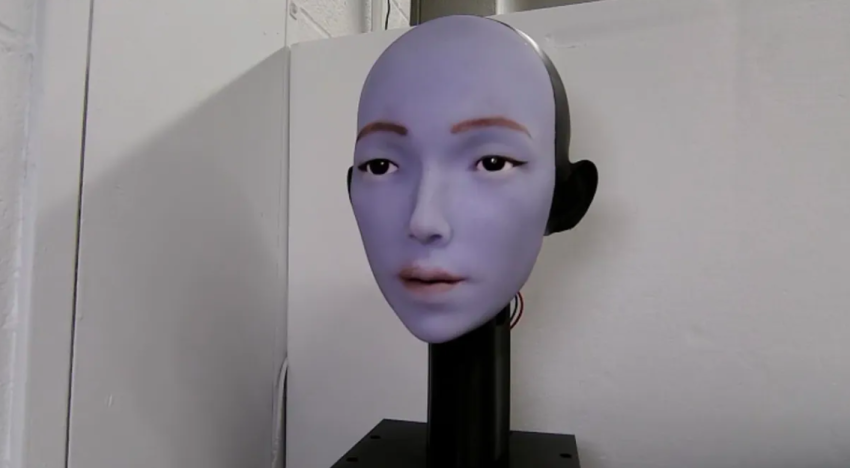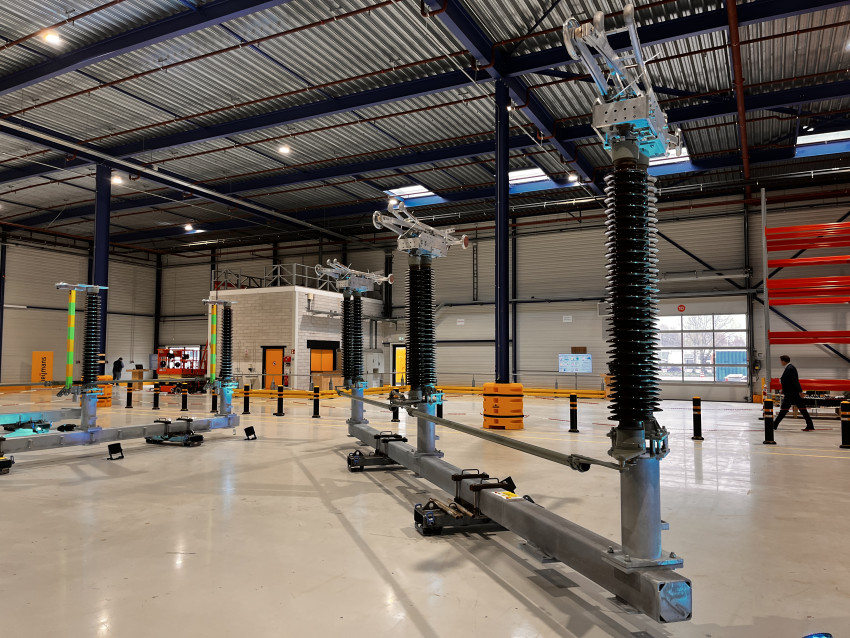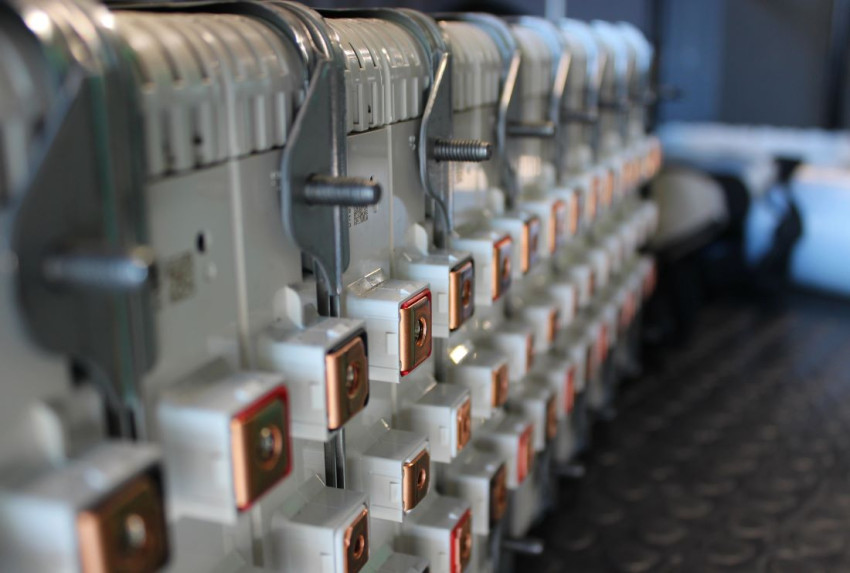
Lobby for national approach to artificial intelligence
The AINED cooperation wishes to introduce a Dutch AI strategy. According to this organisation, the lack of vision is a growing problem for the development of artificial intelligence.
AINED is made up of the employer organisation VNO-NCW, TNO and the Innovation Center for Artificial Intelligence (ICAI) among others. Nearly all other (Western) countries already have an AI strategy or soon will have, according to the report by these parties. The EU is also to roll out its vision regarding the development of smart algorithms, at the end of this year. It is worryingly silent in the Netherlands however, claim the authors of the 'AI for the Netherlands' report.
NOT ENOUGH OPPORTUNITIES FOR AI STUDENTS
The problem lies in education, the government and the corporate community. Universities currently cannot meet the great demand for AI studies. Student admissions are likely to be frozen, as already predicted by the Cyber Security Raad earlier this year. The Netherlands has played a major role in AI research at universities for many years, but threatens to be overtaken by a lack of research funding. There is a real risk of a brain drain, also because Dutch students tend to move abroad to find attractive AI jobs.
The Dutch corporate sector is failing to create such AI jobs, according to the report: while most companies do recognise the potential of AI, they have not progressed any further than small-scale pilot projects so far. In turn, the companies are claiming that a lack of AI talent is the main obstacle for the development of smart algorithms. The lack of suitable data and the uncertainty regarding legislation also play a role. A striking fact: 15% of the companies questioned also quoted the cultural resistance to AI as an argument.
KEEP TECHNOLOGY IN THE NETHERLANDS
Small and medium-sized companies have yet to discover artificial intelligence, with the exception of around 200 start-ups. There are of course Dutch companies that frequently apply AI, such as Booking.com, TomTom and Skyver. The problem is that such successful companies often end up in American hands upon being taken over. And so the Netherlands relinquishes part of its AI know-how and facilities, giving the US more authority on the development of artificial intelligence.
AINED advocates the need for a national vision on artificial intelligence, in order to be more resilient to other large powers in the future. China has already expressed its ambition to be a world leader in this field by 2030, for example. America too already hosts many projects that apply artificial intelligence and data to achieve innovation. If the Netherlands does not move with the times, there is a risk similar to that seen in social media nowadays: one or two enormous US companies with control of Dutch data and therefore great influence.
ETHICAL DATA USE
If Dutch companies are to develop artificial intelligence, that will require incredible amounts of data. After all, the information flow is training material with which computers learn to be smart. However, the gathering of data in Europe has become a lot more complicated since implementation of the GDPR. The report does not offer a solution, but it does imply that there is an option to develop ethical algorithms for the responsible use of data. AINED makes no suggestions on how companies should do so.
If you found this article interesting, subscribe for free to our weekly newsletter!
Image: pixabay/geralt







